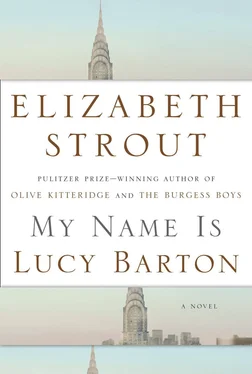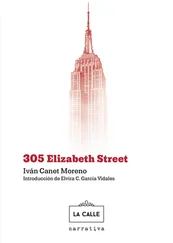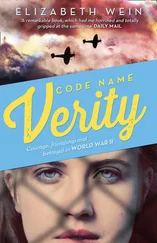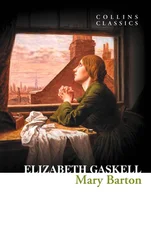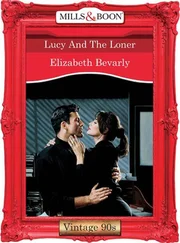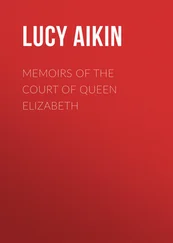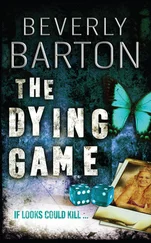—
This too:
Right after I found out about my college admission, I showed my high school English teacher a story I had written. I can remember very little of it, but I remember this: He had circled the word “cheap.” The sentence was something like “The woman wore a cheap dress.” Don’t use that word, he said, it is not nice and it is not accurate. I don’t know if he said that exactly — but he had circled the word and gently told me something about it that was not nice or good, and I have remembered that always.
“Say, Wizzle,” my mother said.
It was early morning. Cookie had been in, taken my temperature, asked if I wanted some juice. I said I would try the juice, and she left. In spite of my anger, I had slept. But my mother looked very tired. She seemed no longer angry, just tired, and more like the person she had been since she’d arrived to see me at the hospital. “Do you remember me talking about Mississippi Mary?”
“No. Yes. Wait. Was she Mary Mumford with all those Mumford girls?”
“Oh yes, you’re right! She married that Mumford fellow. Yes, all those girls. Evelyn in Chatwin’s Cake Shoppe used to talk about her, they were related somehow. Evelyn’s husband was a cousin, I don’t remember. But ‘Mississippi Mary,’ Evelyn called her. Poor as a church mouse. I got to thinking of her after we spoke of Elvis. She was from Tupelo too. But her father moved the family to Illinois — Carlisle — and that’s where she grew up. I don’t know why they moved to Illinois, but her father worked at the gas station there. Not a Southern accent on her. Poor Mary. But she was cute as the dickens, and she was the head cheerleader, and she married the captain of the football team, the Mumford boy, and he had money.”
My mother’s voice was rushed again, compressed.
“Mom—”
She waved a hand at me. “Listen, Wizzle, if you want a good story. Listen . Write this one up. So, Evelyn told me when I was in there talking about—”
“Marilyn Somebody.” We said this together, and my mother paused to smile; oh, I loved her, my mother!
“Listen. So Mississippi Mary married this rich fellow and had, oh, I don’t know, five or six girls, I think they were all girls, and she was a pleasant person and they lived on a big place where her husband ran his business, I don’t know what business it was— And her husband would take trips for his business, and it turned out that for thirteen years he was having an affair with his secretary, and the secretary was a fat thing, such a fat, fat thing, and Mary finally found out and she had a heart attack.”
“Did she die?”
“Nope. No, don’t think so.” My mother sat back, she looked exhausted.
“Mom. That’s sad.”
“Of course it’s sad!”
We were silent for a while. Then my mother said, “I only remembered her because she — well, all of this according to her cousin Evelyn at Chatwin’s — she loved Elvis, born in that same dump he came from.”
“Mom.”
“What, Lucy?” She turned and looked at me quickly.
I said, “I’m glad you’re here.”
My mother nodded and looked out the window again. “I’ve thought how strange it must be. Both Elvis and Mississippi Mary went from being so poor to being very wealthy — and it didn’t seem to have done either of them a damn bit of good.”
“No, of course not,” I said.
I have gone to places in this city where the very wealthy go. One place is a doctor’s office. Women, and a few men, sit in the waiting room for the doctor who will make them look not old or worried or like their mother. A few years ago I went there to not look like my mother. The doctor said that almost everyone came in the first time and said they looked like their mother and didn’t want to. I had seen my father in my face too, and she, the doctor, said, yes, she could help with that as well. Usually it was the mother — or the father — that people didn’t want to look like, often both, she said, but mostly it was the mother. She put tiny needles into the wrinkles by my mouth. You are beautiful now, she said. You look like yourself. Come back in three days and let me see.
Three days later in the waiting room was a woman who was terribly old, and she had a brace on her back, which was bent almost in half. She smiled from a face that had been made to look years younger. I thought she was brave. Beside me sat a young boy, perhaps in middle school, and his older sister. They may have been waiting for their mother — I don’t know who they were waiting for. But they were wealthy. You get to have a feel for this, even if I hadn’t been in this office of this doctor. I watched the young boy and his sister. They spoke of calling Pips, and the girl said, I can only call national numbers, I can’t call international on this phone. The boy was nice about that; he suggested a way to email Pips and have Pips call them. Then I watched this boy watch the very old lady, he watched her with interest, and yet because she was so bent over, she was for him of course a different species. This is how old she looked to him, I could see this; I felt I could see this. I loved the boy and his sister. They looked healthy and beautiful and good. And the very old lady took her leave, slowly. She had a bright pink ribbon tied to her cane.
The boy got up suddenly and opened the door for her.
This is some city. But I have already said that.
That night in the hospital, the last night my mother stayed with me — she had been there five days — I thought about my brother. I remembered then how I had come across a group of boys in the field by the school, I must have been about six years old, and I saw that there was fighting, that a kid was being hit by a group of boys. The boy being hit was my brother. His face looked like he was paralyzed with fear, and in fact he did not seem to move, he was crouched while these boys hit him. I saw this only briefly, because I turned and ran away. I thought too — that night in the hospital — how my brother had not had to go to the war in Vietnam because his number in the lottery was a good one. Before he found out, I remember hearing my parents speaking at night, and I heard my father say: The army will kill him, we can’t let it happen, the army will be terrible for him. And it was soon after that, we found out that my brother’s number was a good one. But my father loved him! I saw this that night.
And then I remembered this: There was a Labor Day when my father took me, alone — I don’t know why I was alone with him; I mean, I don’t know where my brother and sister were — to Moline, about forty miles away. Perhaps he had business there, though it is hard to imagine what possible type of business he had anywhere, let alone in Moline, but I do remember being there with him for the Black Hawk Festival, and we watched the dancing of the Indians. The Indian women stood in a circle around the men, and the women only took little steps while the men danced with much commotion. My father seemed keenly interested in watching the dancing and the festivities. There were candied apples for sale, and I wanted one desperately. I had never had a candied apple. My father bought one for me. It was an astonishing thing for him to have done that. And I remember that I couldn’t eat the apple, I couldn’t get my small teeth into the red crust, and I felt desolation, and he took it from me and he ate it, but his brow became furrowed, and I felt that I had caused him worry. I don’t remember watching the dancers after that, I remember watching only my father’s face, so high above me, and I saw his lips become reddish with the candied apple that he ate because he had to. In my memory I love him for this, since he did not yell at me, or make me feel bad for not being able to eat the apple, but took it from me, and ate it himself, even with no pleasure.
Читать дальше
